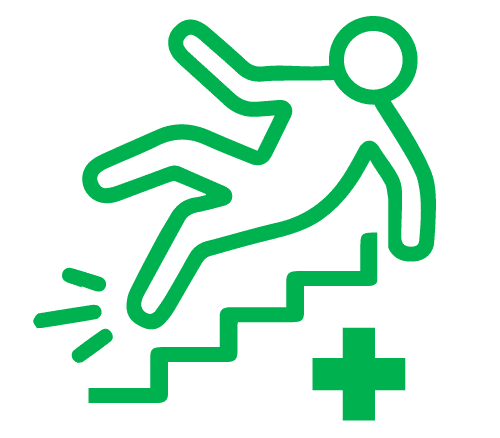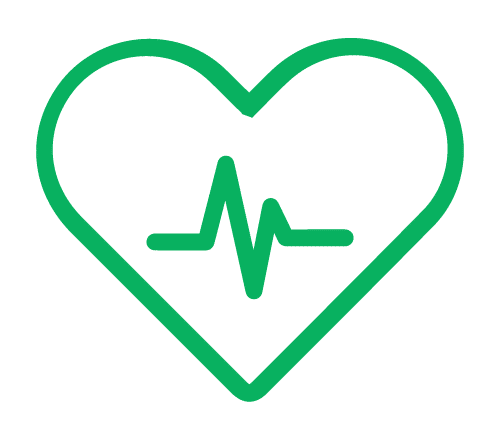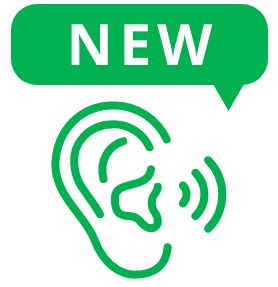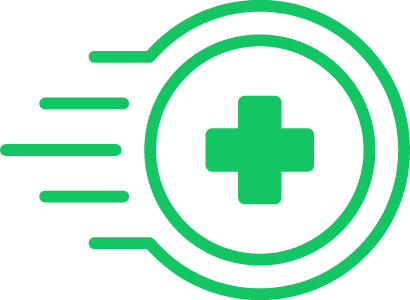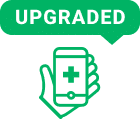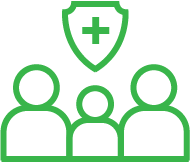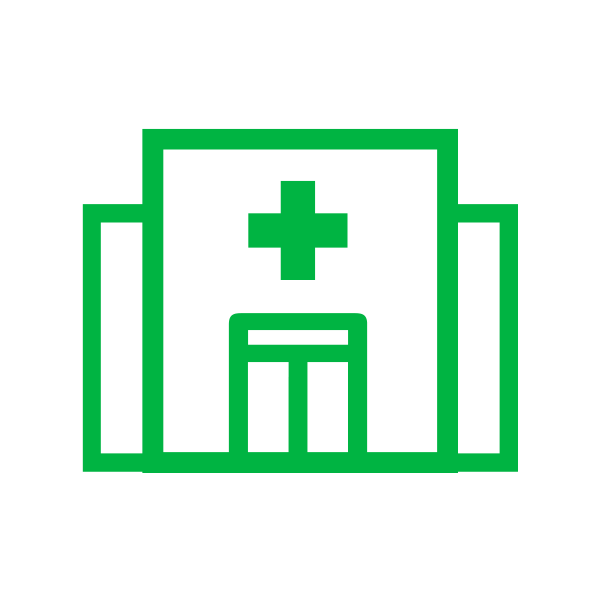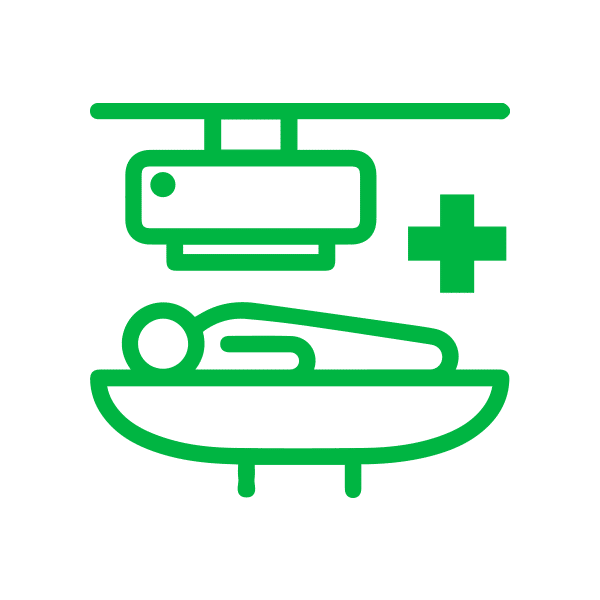Rejoignez dès maintenant les
50 000 + conducteurs qui bénéficient déjà des avantages Drivers Benefits.
Tous les conducteurs admissibles des services Black Car de New York, y compris Lyft, Uber, et les bases classiques de Black Car peuvent s’inscrire gratuitement pour bénéficier d’un ensemble de prestations Drivers Benefits, proposées par The Black Car Fund et l’Independent Drivers Guild!
